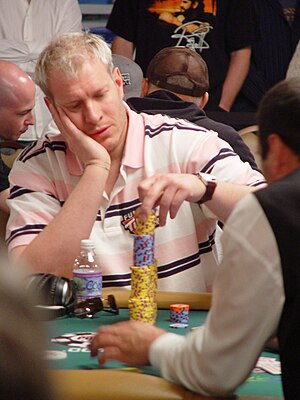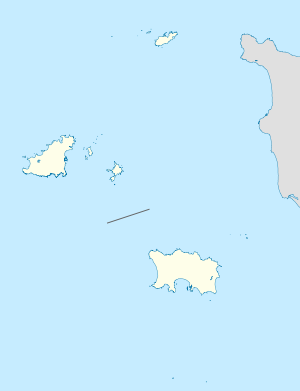Last week a court in the USA seized control of the .COM domains belonging to several online poker sites, inlcuding Poker Stars, Full Tilt Poker and Absolute Poker.
On the face of the registration records, these domain registration were owned by organisations outside the USA, although there seemed to be some suggestion that one or more of them may have been ultimately controlled by US citizens or residents.
On the one hand, it is entirely right that the courtroom is the right place for decisions like this. No excutive agency, or a law enforcement body, or even worse, domain vigilantes should have such powers.
And the face that these recent temporary seizures were done through a Court is actually good news.
Democratic countries have something called the Rule of Law which protects personal property (which the bundle of rights under a domain registration contract undoubtedly is) and it should take a court order to seize things.
On the other hand, it seems that removing something which in e-commerce terms is equivalent to both the brand and the shop window of a business, is fairly draconian, and should be resorted to in the most egregious of cases. The commercial harm that, if only for a short time, a notice is placed on a company’s website stating it has been shut down on the basis of alleged criminal activity will not be insignificant.
The question which a British or European Court would probably have asked itself before granting a Prohibitory or Mandatory Order, is whether the requested remedy was proportionate.
Now it seems that at least some those domain names have been returned to use.
At the time of writing pokerstars.com is forwarding to pokerstars.eu.
fulltiltpoker.com looks to be back to normal, although I understand from what I read at gamblingcontrol.org (Full Tilt is licenced here in Alderney) that they have suspended real-money play from the USA. Frankly, I’m surprised that an Alderney company ever allowed US players!
But there’s a big lesson in this episode.
And it’s something that has been obvious to those of us in the domain name industry for years, but self-evidently, it’s not something that the risk management people at online poker sites have ever considered before.
It’s not only ‘foreign’ ccTLDs like Libya that have jurisidictional legal risk to an online e-commerce business. Any company which uses a .COM, .NET or any other ICANN ‘gTLD’ domain name places itself at risk of losing its entire business and voluntarily puts itself within US jurisdiction.
And it’s not only criminal proceedings in above-average risk sectors (such as online poker) that are vulnerable.
Any non-country-code domain name can be disputed in an American court. And well established, legal businesses could find themselves on the end of an expensive, and inconvenient ‘reverse cyber hijacking’ attempt in a US court. It’s happened before, and it will happen again. In 1997the British owners of PRINCE.COM had to take swift legal action in London’s High Court to keep their domain from an American company who, as an American company, believed they had a better right to it
Suddenly your local country-code domain name might seem like a much better to do business in.
And the long-awaited ICANN ‘new generics’ much less so.
Oh, and an amusing postscript and shameless piece of self-promotion.
The country-code for the Bailiwick of Guernsey, which includes Alderney, is actually ‘GG’ which is poker terminology for ‘Good Game’. I can hear Bruce Forsyth in my head already!
Related articles
- Two Poker Sites Can Use Domain Name (online.wsj.com)





